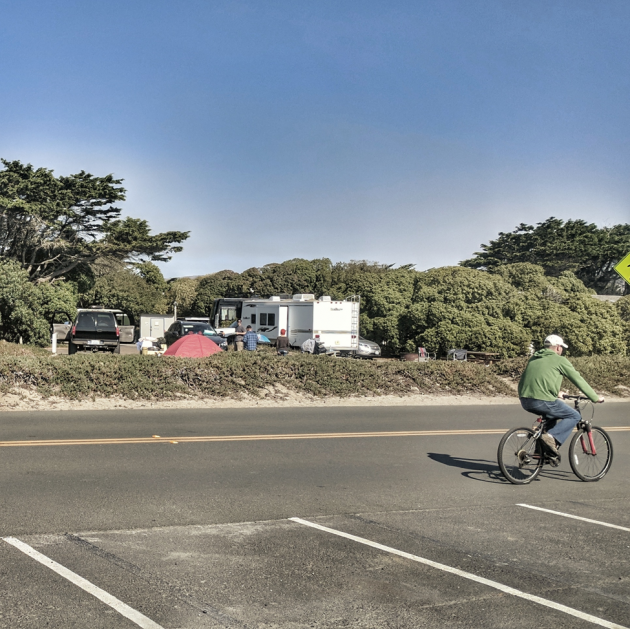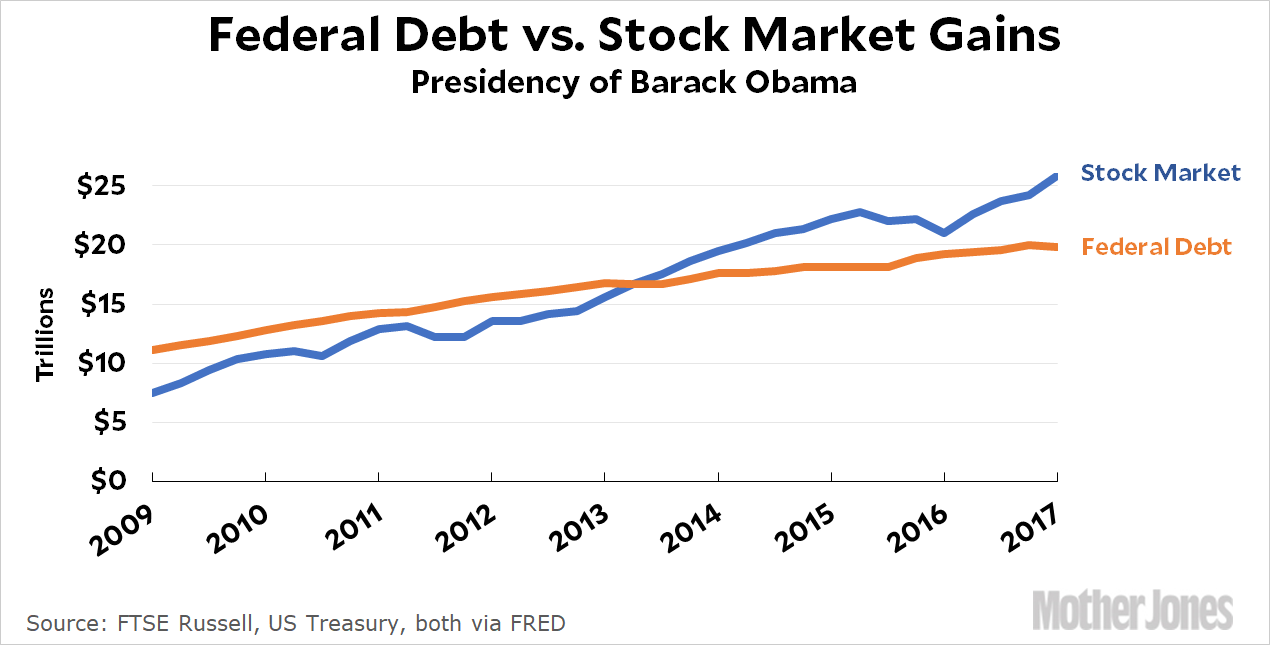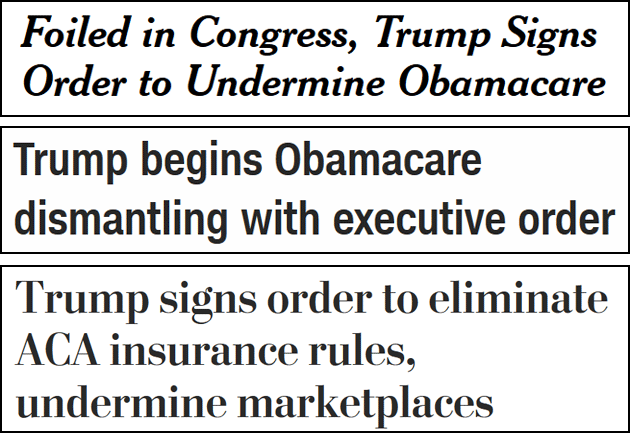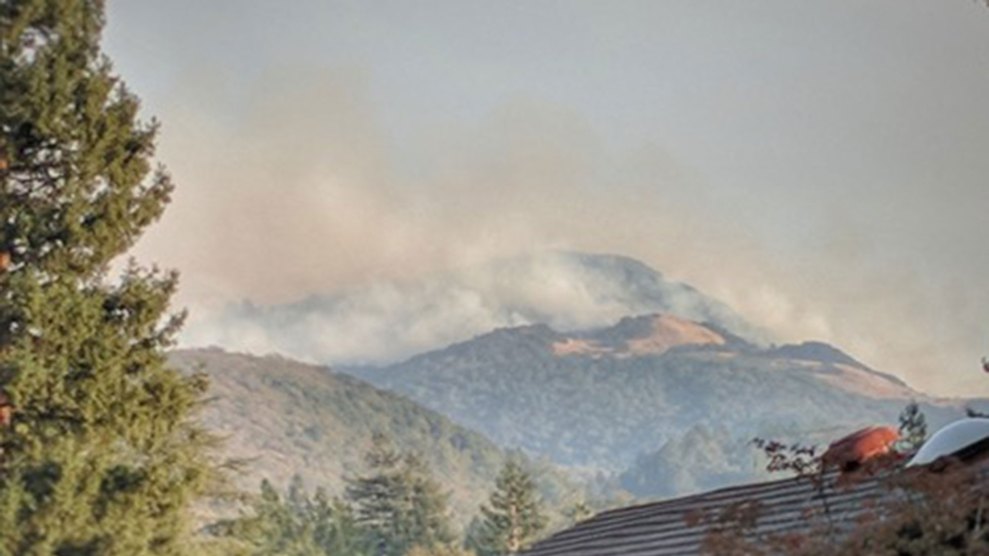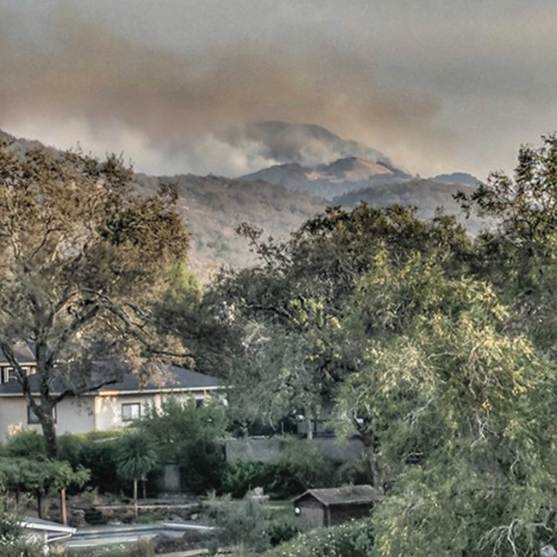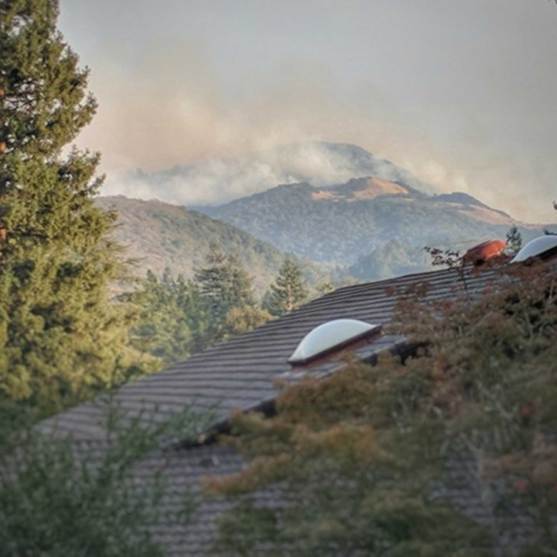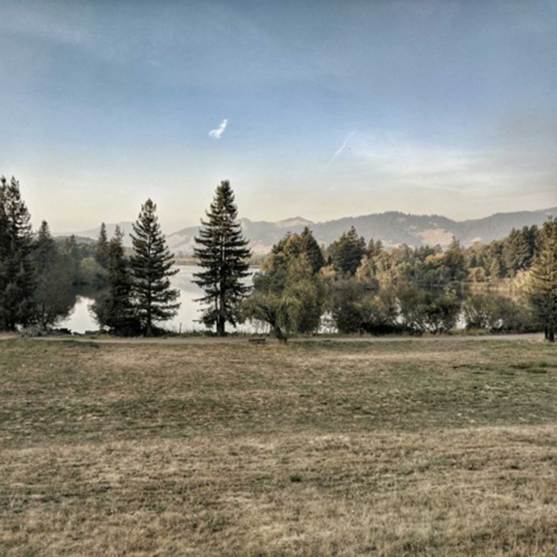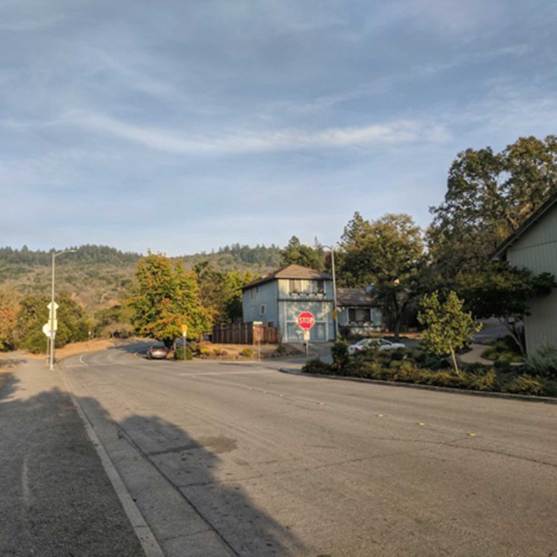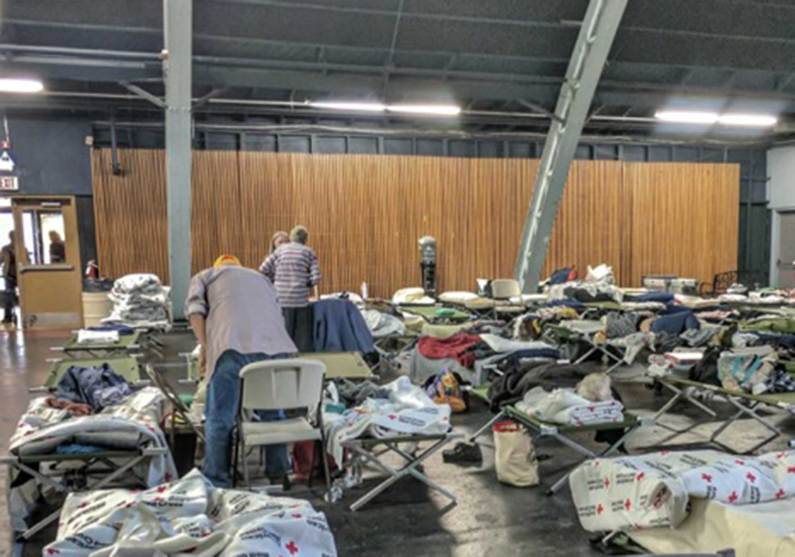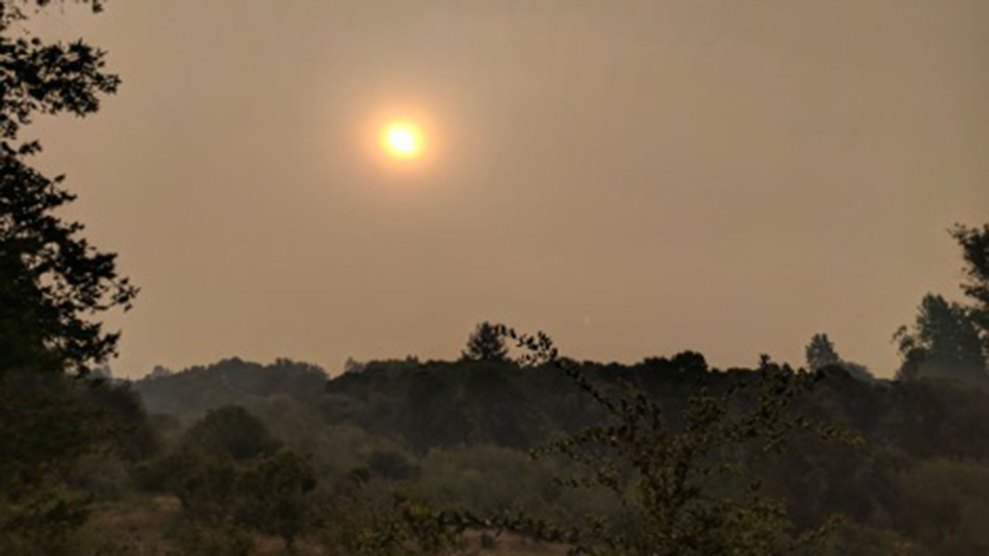It turns out that our backyard is awash in cats. Last Friday a lovely tiger-striped cat suddenly appeared, staring curiously into our living room. I went outside, and he was semi-friendly, but he hopped over the fence before I could get a good picture.
On Tuesday I was in the backyard and noticed a white splotch. It was a white cat looking at me from the hedge that separates our yard from the neighbors. She sniffed my fingers, but then turned around and went home.
Yesterday, a third cat showed up, a gray/black fluffball. He was sort of friendly and let me scratch his head, but again, by the time I got my camera he had wandered out through a hole to parts unknown. Marian managed to get a distant iPhone shot, but that was it.
Finally, at the very last moment before the catblogging deadline, no more than a couple of hours ago, we came across a fourth cat on our way home. He was prowling around Edwardes Square park, where we had previously seen a cat door at the groundskeeper’s house. This was the cat it belonged to! But the light was dim, and people kept passing by, and the cat retreated into the foliage. The park is only open to residents, so I couldn’t go in to track him down.

So that’s that. Four cats, but no suitable catblogging. Luckily my sister came through with some quality homegrown cats. “What are you bringing home for us?” Hilbert and Hopper ask. And they look like they mean it. Perhaps we need to stop by Harrod’s and pick up some British cat toys?





